Agriculture plays an important role in the Tanzania’s economy, employing over 75 percent of the country’s workforce and accounting for 25% of the national Gross Domestic Product (GDP). However, existing challenges facing the sector hinder it from reaching its fullest potential including underperforming value chains, limited access to finance for farmers, under provision of basic public goods; an unpredictable policy environment; insufficient infrastructure, underinvestment in the sector and limited voice for private sector and civil society in the policymaking process. Redressing these problems is necessary to create an enabling environment for inclusive, broad-based, and sustained agricultural sector growth.
The 3rd AAPC meeting aimed at:
Disclaimer: PAG reserves the right to make final determination of physical participants in Dodoma. A strict code of conduct will be put in place as we take all precautions against COVID-19
The Annual Agricultural Policy Conference (AAPC) is organized by the Policy Analysis Group (PAG) in collaboration with the Ministry of Agriculture. The PAG is an informal (community of practice) and voluntary group that consists of members working on agricultural policy projects, initiatives, academia, and local and international policy think tanks. Established in 2013, the group has about 20 members and provides a platform for sharing information on policy research findings so as to enhance coordination, collaboration and synergy. The PAG also aims at ensuring consistency in policy messaging.
The AAPC brings together over 150 participants from academia, research institutions, policy-makers, advocacy groups and development practitioners from Tanzania, in the region and beyond. The Conference provides an opportunity to assess progress in implementing policy reforms under the CAADP framework of the New Alliance on Food Security and Nutrition. In addition, the conference will discuss successes, lessons learned and identify remaining gaps, how to increase competitiveness within the alliances, and emerging issues that require attention.



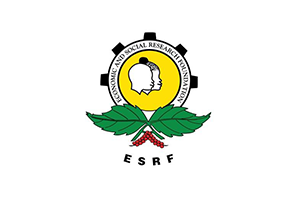


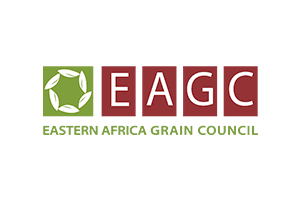
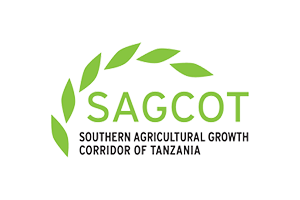











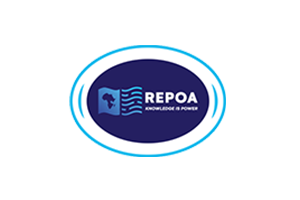
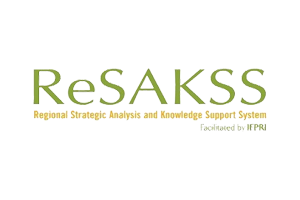
Subscribe to receive updates relating to agricultural research & transformation in Tanzania
© 2020 ASPIRES Tanzania. All Rights Reserved.